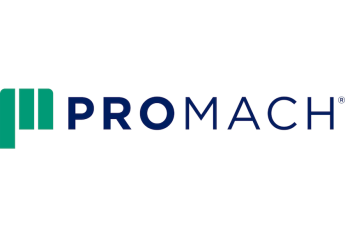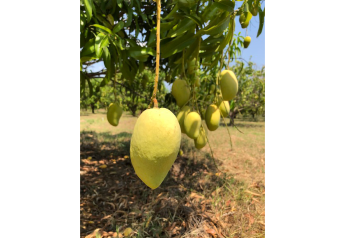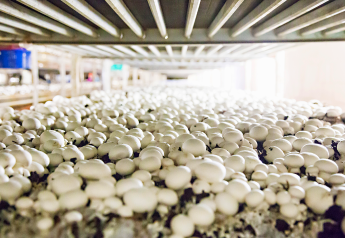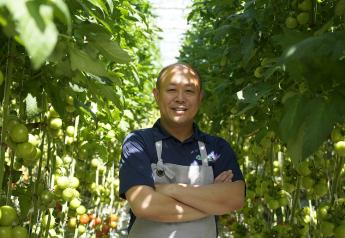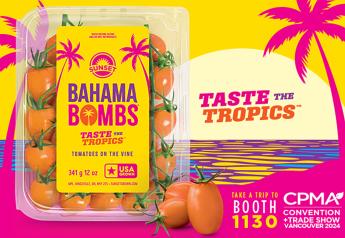LISTEN: Toronto retail demand, problems, solutions, trends

Produce trends for Toronto area retailers stem from the start of the supply chain and span as far as the consumer’s home habits.
“It's a great place to buy fresh produce just because there's so much available because we are such a diverse city, very multicultural, whether it's at a major grocery store, or in a small multicultural corner of the of the city. You can get just about anything you want from just about any country,” said Mike Mauti, managing partner from produce research firm Execulytics, based near Toronto.
Watch for these four trends in the Toronto area.
1. Controlled environment agriculture
“We are now starting to see a lot more local produce year-round, which is a true testament to the innovation in the growing space right now,” said Hutch Morton, senior vice president of business development, compliance and marketing at J.E. Russell Produce based at the Ontario Food Terminal. The terminal is the main produce distribution center for the Toronto area.
Canada’s Ontario province has long been a hub for greenhouse produce. The Ontario Greenhouse Vegetable Growers is an association representing about 220 members, 3,000 acres and 476,000 tons of produce annually.
Greenhouses are getting more high-tech, often more accurately called indoor farming because of the reliance of LED lighting rather than the sun, plus robotics, artificial intelligence and various soil-less growing systems, such as hydroponic and aeroponic agriculture. Growers are introducing retailers to newer varieties of the traditional greenhouse products of tomatoes, peppers and cucumbers. And there are more nontraditional products such as berries and different lettuces that continue to grow sales in Toronto-area stores.
Learn more about indoor vertical farming: Mastronardi, AppHarvest form joint venture FarmCo
And vertically farmed products are also gaining shelf space in grocery stores.Some stores in the Toronto are operate vertical farms right inside the store, Mauti said.
“It’s like this hyper-local idea where it's grown right in front of the customer’s eyes,” he said. “From all the new feelings and perceptions that came out of the pandemic, it’s that there are a lot of benefits to having products grown in a controlled environment, grown close to home, grown without enormous amount of chemicals. I think people are really gravitating towards that.”
2. Value-added products
In 2020, consumers were buying whole produce and cutting it themselves, rather than spending money on cut vegetables and fruit.
But Toronto has recently seen a bit of a rebound in in fresh-cut, value-added produce, Mauti said.
“I guess it really does go with the state of the economy. If the economy is open, then time becomes an issue, and they'll gravitate towards time-saving products. And if the economy is closed, and they've got time at home and perhaps are a little bit worried about pocketbook issues, they might look at more bulk produce to see to satisfy their needs,” he said.
3. Connecting with consumers
Retailers are better leveraging their connected consumers, those using loyalty apps, by going beyond offering deals to shoppers.
Loblaws has started to solicit direct feedback from their customers on products, programs, pricing.
“Really anything. They're trying to start this two-way conversation with the customers. Before, it's really just been this one-way conversation,” Mauti said.
There’s a lot of growth opportunity here in making consumers more aware of what sustainable, fair-trade produce really means, he said.
Execulytics research in the fourth quarter of 2021 showed that one out of seven people are not even aware that sustainably sourced products are available. And of those that are aware, one quarter of them — a full one quarter of them — are not willing to pay a higher price for them. “That flies right in the face of the whole purpose of sustainably sourced products. You pay more for them,” Mauti said. “But it’s not all doom and gloom.”
Equifruit supplied all Longo's locations with exclusively Fairtrade-certified conventional and organic bananas. The program included extensive signage that educated the customer on what “fair trade” means.
4. E-commerce
Toronto’s e-commerce solutions ebb and flow based on the state of the pandemic.
“Just about every Ontario store, doesn't matter how small they are, or how many stores that operate, they have some sort of curbside pickup program,” Mauti said. “But the bigger chains, they're getting more into home delivery now, which is something that as a country, Canada hasn’t dived into completely because of our geography.”
Besides five or six cities in Canada, it's very sparsely populated, so delivery services are hard to make viable. But
Some retailers are using third party delivery services such as Instacart. Others created their own programs.
Sobeys partnered with United Kingdom-based Ocado — the same company Kroger partnered with — to use dedicated automated warehouses to pick, pack and ship the product. These type of fulfillment centers are gaining traction across major Canadian hubs, especially Toronto.
Mauti’s not 100% sold on the idea of ultra-fast delivery services, but he’s watching these companies pop up across Europe, New York and Los Angeles. A service called Tiggy could expand from Vancouver to Toronto, promising grocery delivery in 15 minutes.
“It's pretty outrageous to me. I don't know why anybody would need their groceries that fast, and I just can't imagine how they could do something like that. It's pretty interesting. But only in ultra-urban areas,” Mauti said.
He has more confidence in the concept behind tech company Aisle 24, which sets up small-footprint, contactless grocery franchises, in places like condo buildings and gyms where there's going to be a lot of foot traffic. Shoppers scan their own items and pay with a mobile app.
J.E. Russell Produce at the Ontario Food Terminal works with all kinds of Toronto area customers, so Hutch Morton, senior vice president of business development, compliance and marketing, welcomes any new operation.
“It’s been a good thing for the business to see new emerging business models in the space,” he said.


